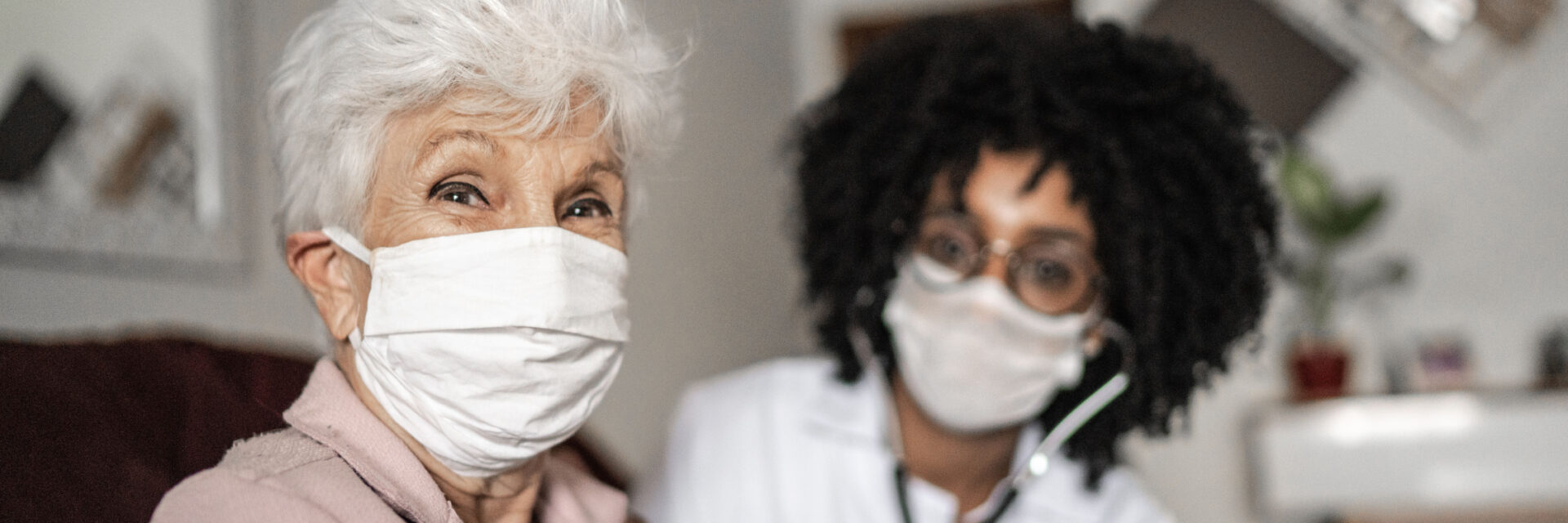Learn Five Ways To Protect Yourself and Loved Ones To Prevent The Spread Of Coronavirus In Nursing Homes
The Long Term Care Community Coalition reports that concern over coronavirus (COVID-19) is growing as a significant outbreak in the United States becomes increasingly likely. According to researchers, residents in nursing homes and other adult care facilities are particularly vulnerable to coronavirus due to their age, pre-existing medical conditions, and frequent exposure to facility staff, other residents, and visitors to their facility. In fact, the first sizeable outbreak in the U.S. took place in a nursing home.
About 1.3 million Americans live in nursing homes, according to the Centers for Disease Control and Prevention (CDC), and more than half are over the age of 75.
Retirement communities and nursing facilities are accustomed to dealing with other dangerous viruses, like the flu and norovirus that can disrupt staffing. Many assisted living communities and nursing homes have called for “calm preparedness.”
Nursing homes, which are federally regulated, must have protocols in place to prevent and control infections, as well as emergency plans that can address an outbreak. Assisted living facilities and personal care homes, which are mostly regulated on the state level, are required to have infection control plans and an adequate supply of cleaning and first aid materials.
When focusing on coronavirus prevention, the facility’s plan is just intensifying what it normally does — taking care of and protecting a frail population. Many long-term care companies and individual facilities are posting information online about how they're guarding against the virus.
As the coronavirus outbreak continues to evolve, it is important for long-term care family members to be informed and take precautions in order to prevent the spread of coronavirus in nursing homes. According to the National Consumer Voice for Quality Long Term Care, here are five ways to protect yourself and loved ones:
- Stay home if you are sick! Visitors can inadvertently spread infections in long-term care settings. If you're unable to visit your loved one in the facility, find creative ways to communicate with them like email, phone calls, FaceTime/Skype, or asking a healthy friend or family member to drop by for a visit or to deliver a note.
- Wash your hands, practice good cough etiquette, and observe facility staff to ensure they are doing so too.
- Encourage good hand hygiene by placing alcohol-based hand rub inside your loved one's room.
- Stay in touch with your facility and closely monitor their messages. You can ask the facility about their infection plan.
- Invite facility staff to present information about virus protection/response and infection control at a family council meeting.
Officials at the CDC say risk to the general American public remains low, but more cases of the coronavirus will likely be identified in communities across the country in the coming days. During this outbreak, Assisted Living Locators continues to work with seniors and their families to help them find the right communities that meet their specific needs and level of care.
Assisted Living Locators is a FREE placement and referral service with a nationwide network of local senior care advisors that provide the best information and resources available. We are your partner in finding the right senior living option. Click here to find a senior care advisor in your area today.





